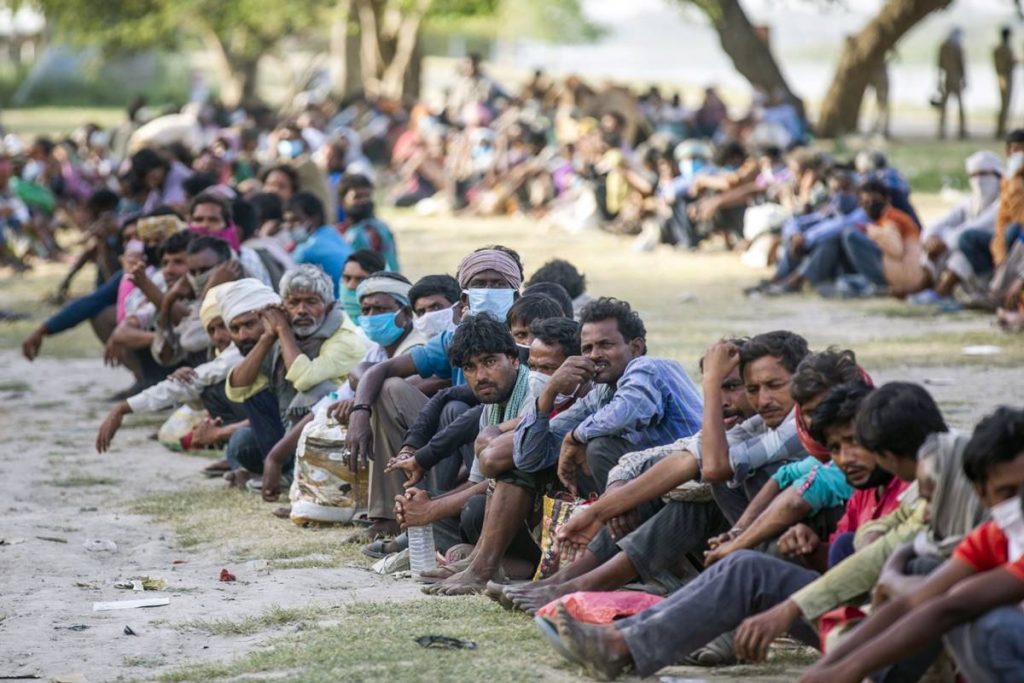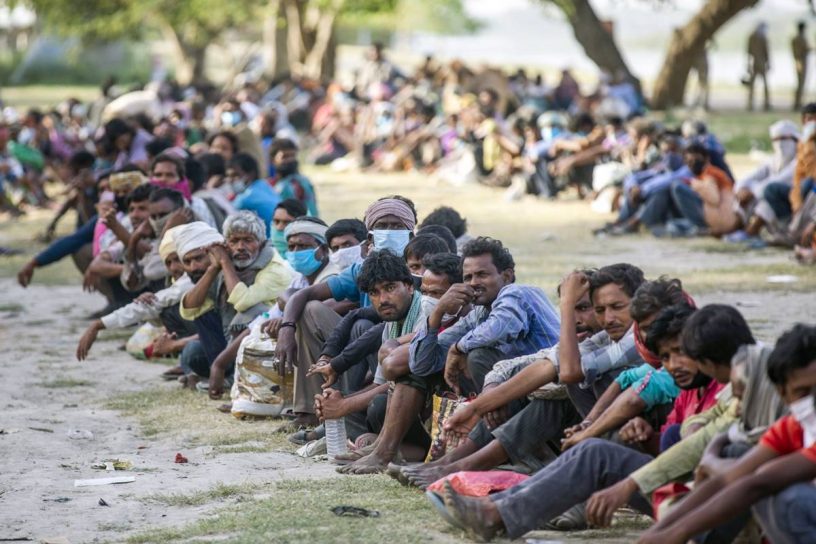
The study summarizes the theoretical and empirical evidence on the nexus between crime and socio economic indicators. It also tests the hypothesis that people who are vulnerable to fall under the poverty line indulge in criminal activities as a consumption smoothing strategy.
Author
Dr Ashish Bharadwaj, Professor & Dean, Jindal School of Banking & Finance, O.P. Jindal Global University, Sonipat, Haryana, India
Summary:
Crime undoubtedly is prevalent everywhere in all countries in multifarious forms.
Suggesting that there exists a connection between poor and criminals is to draw sharp criticisms and accusations on ethical and moral grounds. This could have connotations that poor people are innately criminal.
The study attempts to delve deeper in to this controversial topic of Economic analysis of crime and criminal law addresses the question of individual welfare (utility) maximization through optimal allocation of resources and time in accordance to their relative returns. Becker (1968) suggested various determinants of crime and a lot of theoretical and empirical investigation has gone through this topic since then. However, there is a lacuna in the literature with respect to developing countries.
Numerous works focussed on the developed world, United States in particular. Like all models in economics, the economic model of crime involves rational utility maximising agents. The parties involved are the criminals, non-criminals and the State. The first ones determine the supply while the other two determine the demand of crime. The State is the only actor that can determine both these mechanisms. The purpose of this study is not to delve into these mechanisms but to inspect what role poverty plays in criminal activities. The author tries to answer the the question- To what extent is poverty and social backwardness responsible for crime becoming a dominant fact of Indian urban life and also a growing blight on its countryside?
On one hand, there are crime theories with roots in sociological studies and methodology. In particular, strain, ecology and opportunity theories try to establish linkages between socio economic factors of an individual/ society with criminal behaviour/ tendencies. On the other hand, social control and learning theories link these factors to society’s failure to control criminal tendencies and how individual get involved in (learns) criminal activities (Allen, 1996; Hughes and Carter, 1981; Bernard, 1987; Brown, Esbensen and Geis, 1991). Such assortment of theoretical findings offers us diverse (and at times confusing) relationships between socio economic conditions and crime.
This paper attempts to investigate the relative impact of poverty along with certain deterrence and socioeconomic variables on crime rates in Indian States.
Published in: Atlantic Review of Economics, ISSN 2174-3835, Colegio de Economistas de A Coruña, A Coruña, Vol. 1
To read the full article, please click here


